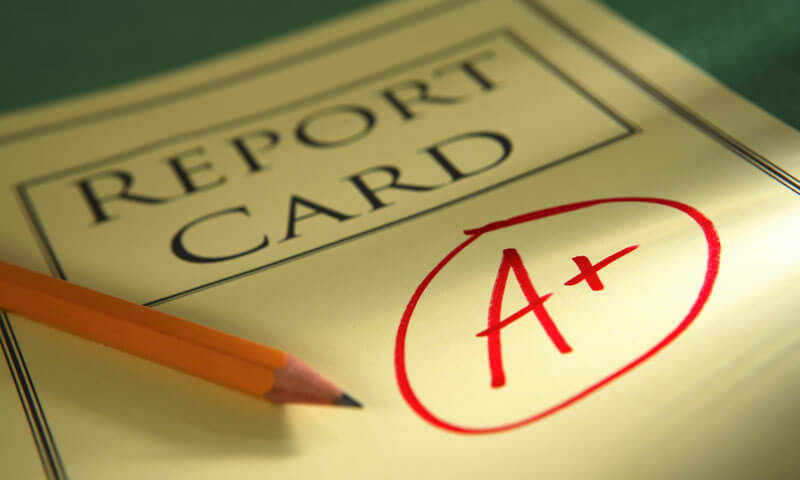Summary: Two faculty members will take over as deans at the Suffolk and Cardozo law schools.
According to the National Law Journal, two law schools have recently hired faculty members as their newest deans. Melanie Leslie, vice dean of the Yeshiva University Benjamin N. Cardozo School of Law, will take over as dean on July 1, becoming the school’s first female leader. Additionally, Suffolk University Law School has chosen Andrew Perlman, a professor, as its dean. Perlman will begin as dean on August 1, replacing Camille Nelson, who served as dean for the past five years. According to the Boston Business Journal, the law school announced its decision just a day after the university hired a new president.
American Bar Association President William Hubbard commented, “Andy Perlman brings top-level leadership to the Suffolk deanship…He is both creative and practical. He has a vision for the future of legal services; he executes with clarity and precision; and he will lead Suffolk Law in a way that prepares its graduates to be innovative and highly successful and valued counselors to their clients.” Hubbard and Perlman have worked in the past on bar initiatives.
Perlman first joined Suffolk as a professor in 2001. Perlman founded the school’s Institute on Law Practice Technology and Innovation, which focuses on how technology can transform legal practice. Students may also concentrate in technology during their studies.
Perlman stated that he would like to collaborate further with the business school at the university, to make sure that law students learn important business and financial skills that clients want their attorneys to have. Additionally, he would like to add more emphasis to technology and legal project management. He explained, “I want students to have a better awareness of how technology can be leveraged to deliver legal services more effectively and efficiently. It kills me when I hear lawyers say, ‘I went to law school because I hate math, science and the STEM [science, technology, engineering and mathematics] disciplines.’ I think that’s unfortunate.”
Perlman will be faced with several challenges, no doubt, as law school applications continue to decline around the nation. Incoming students at Suffolk dropped by over 21 percent from 2011 to 2014, and, in September, the school offered buyouts to each faculty member. Full-time faculty strength has declined by a third over the past five years, Perlman noted.
Additionally, the academic credentials of incoming students have also dropped. The law school’s 25th percentile LSAT score decreased from 151 to 143 from 2011 to 2014. Perlman commented, “I do believe the numbers the past were concerning, but we’re seeing an increase in the number of applications and in applicant credentials, which is encouraging. I feel that we’ve turned a corner, not just at my school but nationally.”
Roughly 95 percent of law schools have lowered their admissions requirements.
Suffolk will cut the size of its incoming class to 300 for the next incoming class. The class is currently over 400 students. Perlman said that the school will become more selective in admissions, and that reducing class sizes will help the school financially and will probably improve employment prospects and bar passage rates for graduates.
At Cardozo, Leslie will take over for Matthew Diller, who was the dean since 2009. Leslie has taught at the school since 1995, and has helped introduce professional concentrations to the school’s course catalog, such as tax law, constitutional law and government, and family law.
Diller will serve as the dean of Fordham Law School.
Leslie became vice dean in 2014, and in that position, she helped launch the Fashion, Arts, Media and Entertainment Law Center (FAME), expanding the intellectual property program. She will be the first Cardozo graduate to serve as dean, according to TimesUnion.com.
Richard Joel, the president of the university, said, “This is an exciting new chapter for Cardozo Law. As a premier law school in New York City, Cardozo produces leaders for the modern legal world, and Melanie Leslie is a great leader.”
Leslie commented that she wants the school to continue to expand on New York’s growing reputation as a center for technology and innovation. She commented, “We need to think about how the job market has changed and respond to that. We want to create students who can walk into nontraditional legal jobs and who can help fledgling entrepreneurs create their businesses.”
Leslie hopes to expand FAME in the next year. The program teams designers up with law students who help them bring their products onto the market.
Cardozo has also suffered from reduced enrollment. New student enrollment declined by close to 12 percent from 2011 to 2014, and both the 25th and 75th percentile LSAT scores dropped by three points.
Leslie also predicts that next year’s incoming class will be smaller, although she did not mention a target number. “I think the market was telling us that we had too many lawyers. The good news is that we’re no longer getting students who don’t really want to be lawyers. Our students are here because they want to be, and I think it’s OK that we have to downsize,” she said.
Source: National Law Journal
Photo credit: zbths.k12.il.us
















































